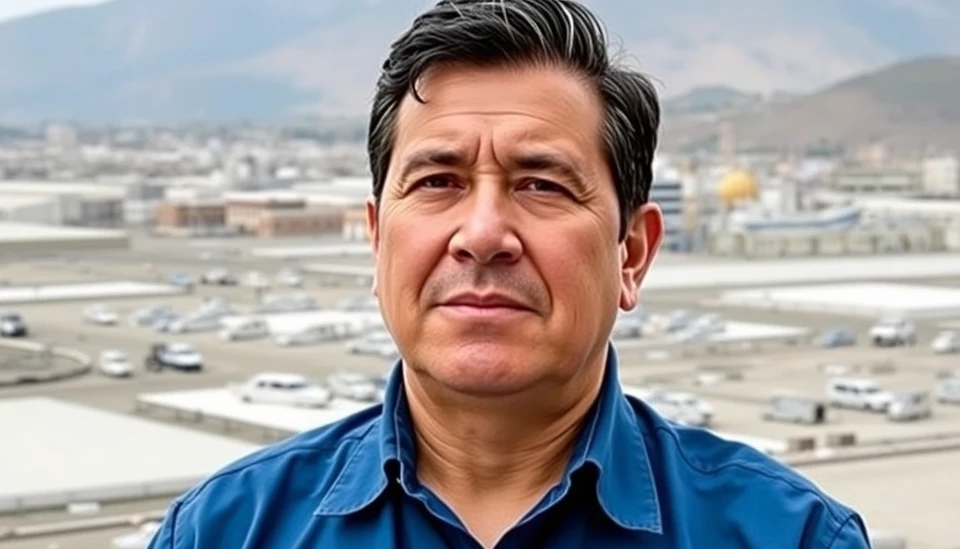
In a troubling development for Peru's struggling state oil company, Petroperú, the search for a new board of directors has hit a significant deadlock, highlighting the deepening crisis that the company is undergoing. As the government grapples with a looming economic crisis and considers ways to stabilize the energy sector, Petroperú's inability to appoint a governing board has raised alarms about its future direction and operational capacity.
Petroperú, which has been teetering on the brink of financial collapse due to soaring debt levels, has been without a board since July. The country is experiencing a critical moment, as energy shortages and rising fuel prices threaten economic stability and incite public unrest across the nation. The urgency for reevaluation and change within the company's leadership is palpable, yet efforts to find suitable candidates who can navigate the complexities of both governance and the oil sector have proven unsuccessful.
This deadlock is compounded by the challenging political environment in Peru, where numerous attempts at reforming state-owned enterprises have faltered. The Peruvian government is currently weighing options for re-structuring Petroperú, which may involve searching for professionals from the oil and finance sectors who are willing to take on the risks associated with leading a company in such precarious condition.
Current interim management faces tremendous pressure to engineer a turnaround while operating under a cloud of uncertainty. Without a properly appointed board, decision-making processes are severely hindered, leaving the company vulnerable to both internal challenges and external market pressures. Analysts believe that without decisive leadership and a clear direction, the company's operational inefficiencies may escalate further, invoking urgent calls for governmental intervention or restructuring.
The ramifications of this leadership vacuum extend beyond Petroperú itself. Given that the company plays a pivotal role in Peru’s energy supply and economy, its instability threatens to exacerbate the energy crisis, which has already led to fuel shortages in various parts of the country. As public frustration grows, energy shortages could contribute to anti-government sentiments, resulting in broader implications for political stability in Peru.
Furthermore, investors closely monitoring Peru's energy sector are becoming increasingly wary as uncertainty about Petroperú deepens. The company’s inability to secure a new board of directors may deter potential investments and partnerships crucial for its recovery plans. The stakes are high, and stakeholders from various sectors are on alert as the government maneuvers to stabilize its energy landscape.
In summary, the paralysis at the helm of Peru’s state oil company is a significant indicator of broader issues within the national infrastructure, where economic and political fragility threaten operational continuity and investor confidence. How Peru navigates this juncture will likely set the tone for its economic future and governance of state-owned entities.
As this situation unfolds, many will be watching closely to see if the government can effectively address the leadership crisis at Petroperú, and what impact, if any, their decisions will have on the country’s energy sector and economic stability moving forward.
#Petroperú #Peru #OilCrisis #EnergySector #EconomicStability #StateOwnedCompanies #LeadershipCrisis
Author: John Harris




